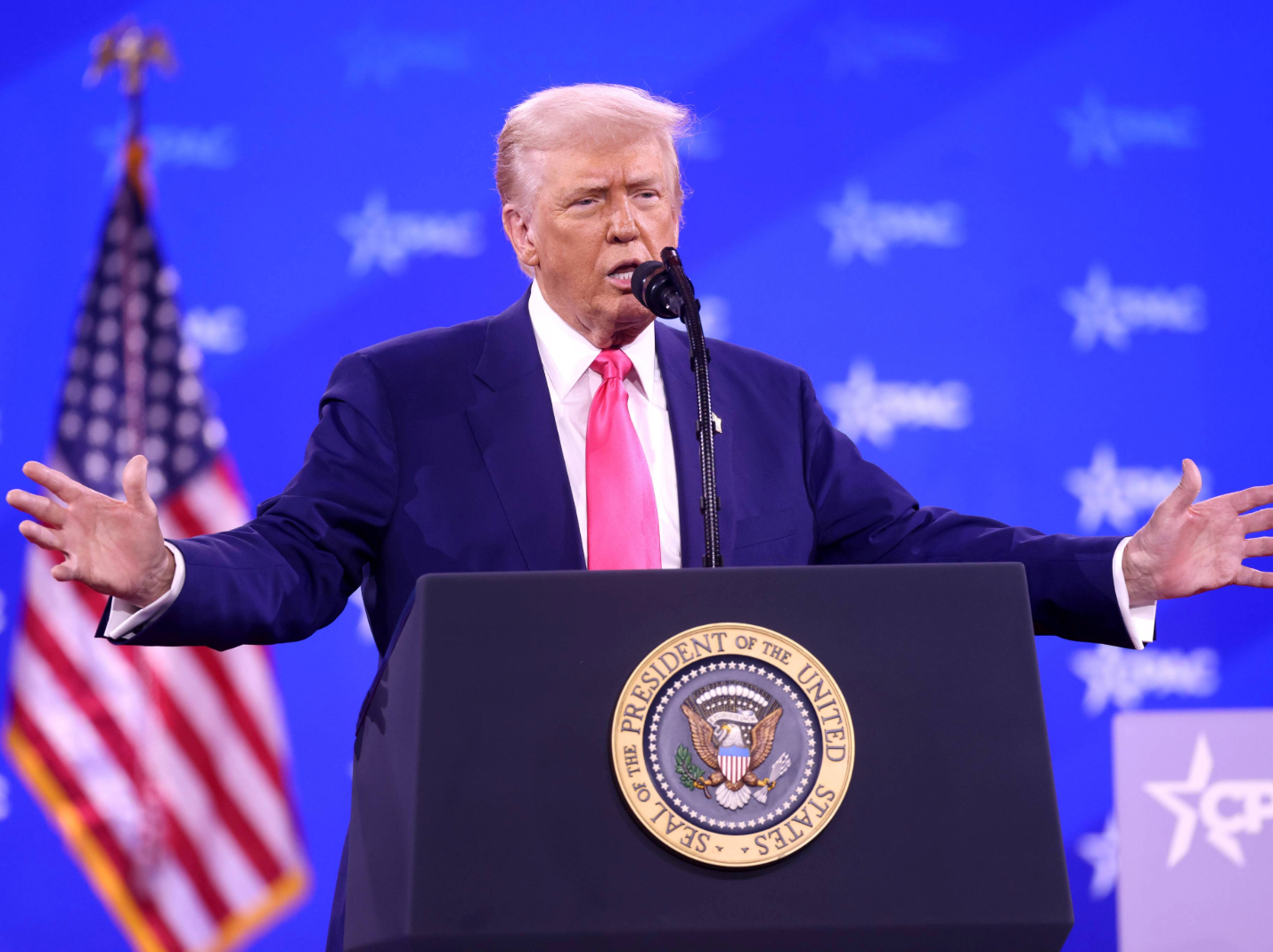
Scarcely a week goes by lately without news that another university has had federal funding restricted by the Trump administration. The Wall Street Journal recounts that latest restrictions: “Harvard ($2.26 billion), Cornell ($1 billion), Northwestern ($790 million), Brown ($510 million), Columbia ($400 million), Princeton ($210 million) and the University of Pennsylvania ($175 million).”
These actions are understandably eliciting strong reactions from across the ideological spectrum, with many liberals and progressives staunchly opposed, while many conservatives are in favor or have confined their objections to the process as opposed to the result. But to a greater extent than the other political tribes, the Trump administration’s moves have left libertarians divided, which to be fair, is pretty on brand for libertarians. I’ve seen three main points gain traction among my tribe.
The first two are arguments that the federal government shouldn’t be funding universities to begin with.
(1) Federal funding is unconstitutional.
Taxpayer funding of universities is almost entirely in the form of student financial aid and research grants, but neither of these is an enumerated power in the Constitution, which means the federal government does not have the Constitutional authority to provide such funding. Authority lies with the states or the people for unenumerated powers, and indeed, states took the lead on education for most of our nation’s history, with heavy federal involvement in research funding only emerging during World War II and federal student aid only starting in earnest in the 1960s.
[RELATED: Trump’s Cuts Are Exposing Academia’s Biggest Myth]
(2) Governments can’t be trusted because they will abuse their power.
Letting a government extract resources from citizens to dole out at its discretion transfers enormous power to the government. And as Lord Acton warned, “power corrupts.” It is all but inevitable that the government would abuse this power to withhold taxpayer money from disfavored groups.
In fact, the Biden administration was probably the worst offender of politicizing funding in our country’s entire history. Government funding agencies under Biden required professions of fealty to progressive dogma as a condition of receiving government grants. Robert P. George and Anna I. Krylov document that throughout the Biden presidency, “To get funding today, scientists must show that their research will advance the goals of ‘diversity, equity, and inclusion’ (DEI) … This has happened, in large part, by federal mandate, in particular by two Executive Orders, EO 13985 and EO 14091, issued by the Biden White House.” For example, the Energy Department’s Office of Science, which provides the most funding for physical sciences of any government agency, required all proposals to “include a PIER plan, which stands for Promoting Inclusive and Equitable Research, to ‘describe the activities and strategies of the applicant to promote equity and inclusion as an intrinsic element to advancing scientific excellence.’” The Biden administration’s politicization of funding had the intended effect—Mason Goad and Bruce R. Chartwell found that “the two principal funders of scientific research, the National Institutes of Health (NIH) and the National Science Foundation (NSF), increased DEI-related research spending by roughly 300 percent in one year alone (2020–2021). This increase is also visible in scientific publications, with DEI-related language rising up to 4,200 percent between 2010 and 2021.”
Both of these first two arguments imply that Trump’s funding changes are allowable, though not necessarily wise. If it’s unconstitutional for the federal government to provide funding in the first place, or if science funding is always politicized, with the beneficiaries and victims simply shifting with the political winds, then it is no great tragedy that the Trump administration is cutting off funding.
But there is also a third point being made by many libertarians.
[RELATED: NAS Statement: Fighting Harvard and the Other Cultural Warlords]
(3) Taxpayer funding should be based on fair/universal/nonpartisan terms.
Whether the federal government should fund student aid and scientific research is irrelevant; it is providing such funding, and whenever the government spends taxpayer money, it should do so on fair/universal/nonpartisan terms. Singling out colleges like Harvard for punishment violates this principle and is, therefore, bad.
So are the Trump administration’s moves an abuse of power? I’m waiting for more information before staking out a position. Those who were silent when the Biden administration politicized all science funding from every government agency for every university but are complaining about Trump cutting off some funding from some colleges don’t strike me as arguing in good faith. But there are some, like the Foundation for Individual Rights and Expression, who criticized the Biden abuses and are also objecting to the Trump moves, and their consistency means their arguments should be taken much more seriously.
But more evidence of whether the funding cutoffs are appropriate or not probably doesn’t matter. The left is almost universally of the view that Trump is abusing his power, and will likely respond to that perception, whether it’s valid or not, the next time they hold the presidency. The only silver lining I can see in this state of affairs is that it may lead to a bipartisan ceasefire in the next few years in which either government involvement is scaled back—if no one can be trusted with such power both side might agree to mutual disarmament—or to additional restraints being put on government to avoid future abuses.
Follow Andrew Gillen on X.
Image: “Donald Trump” by Gage Skidmore on Flickr